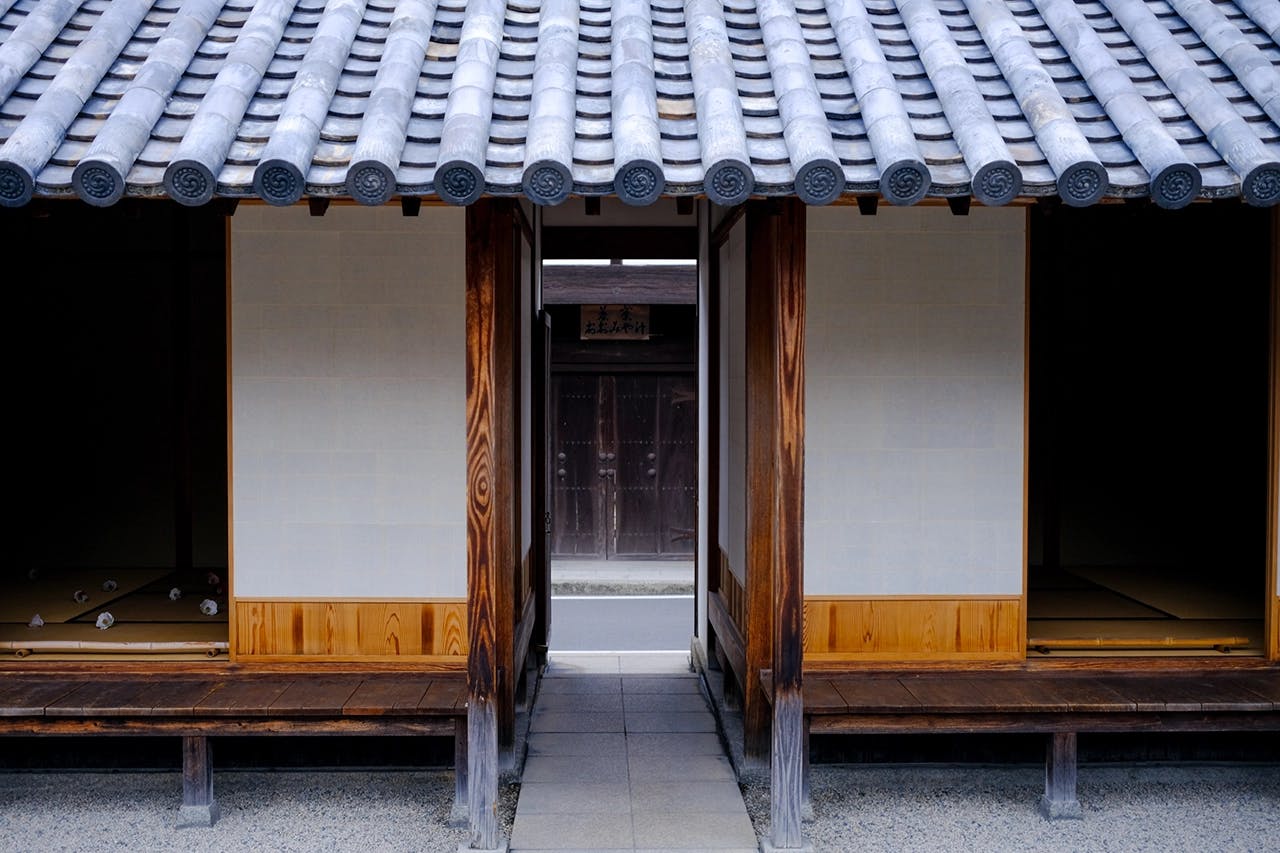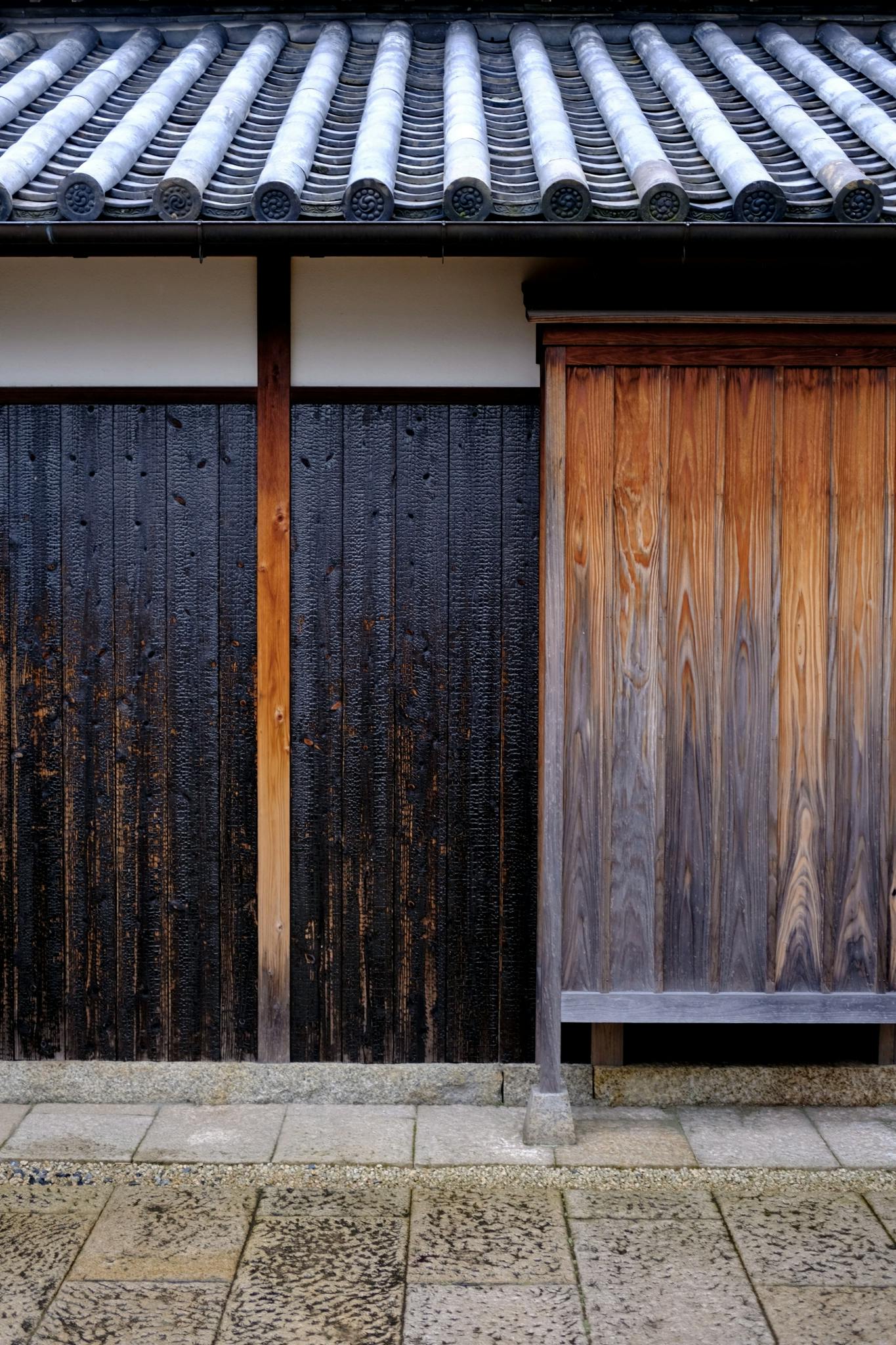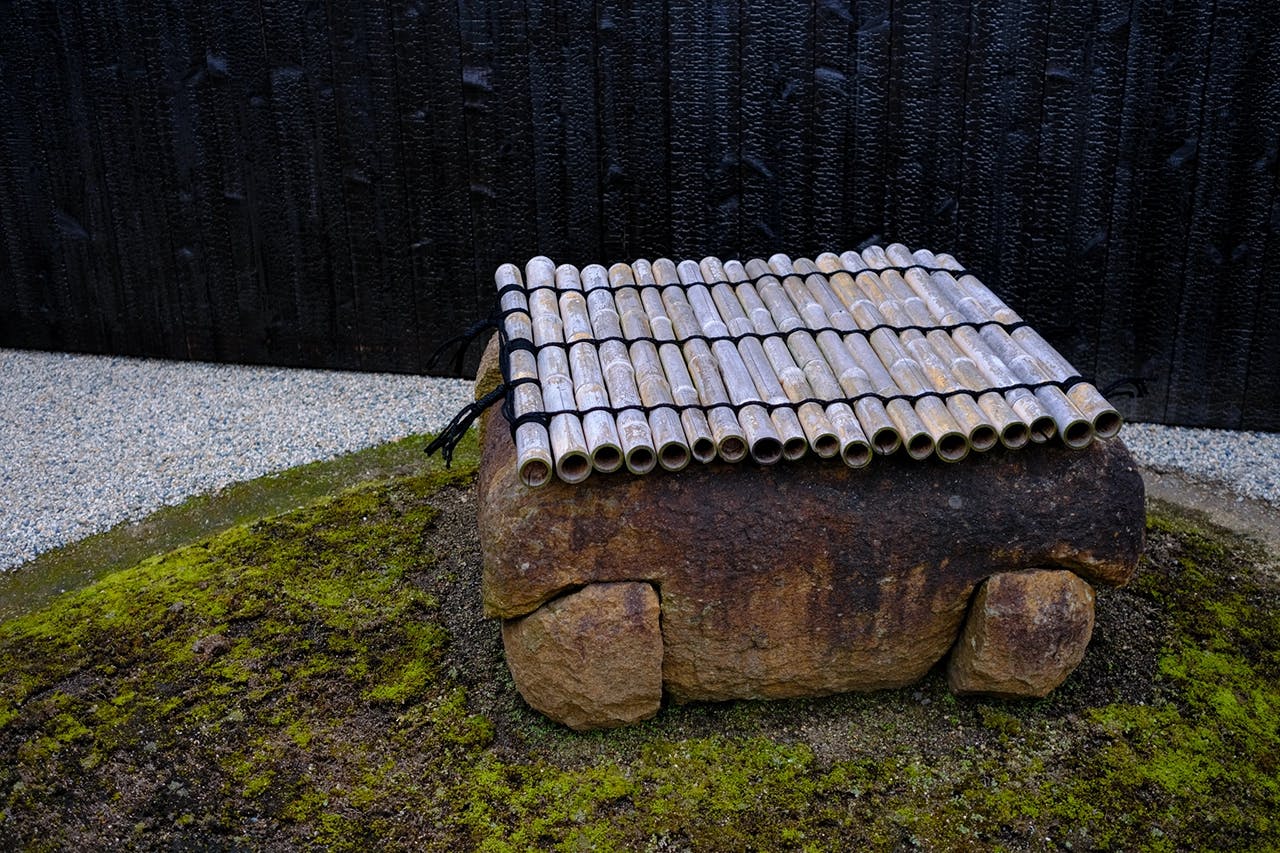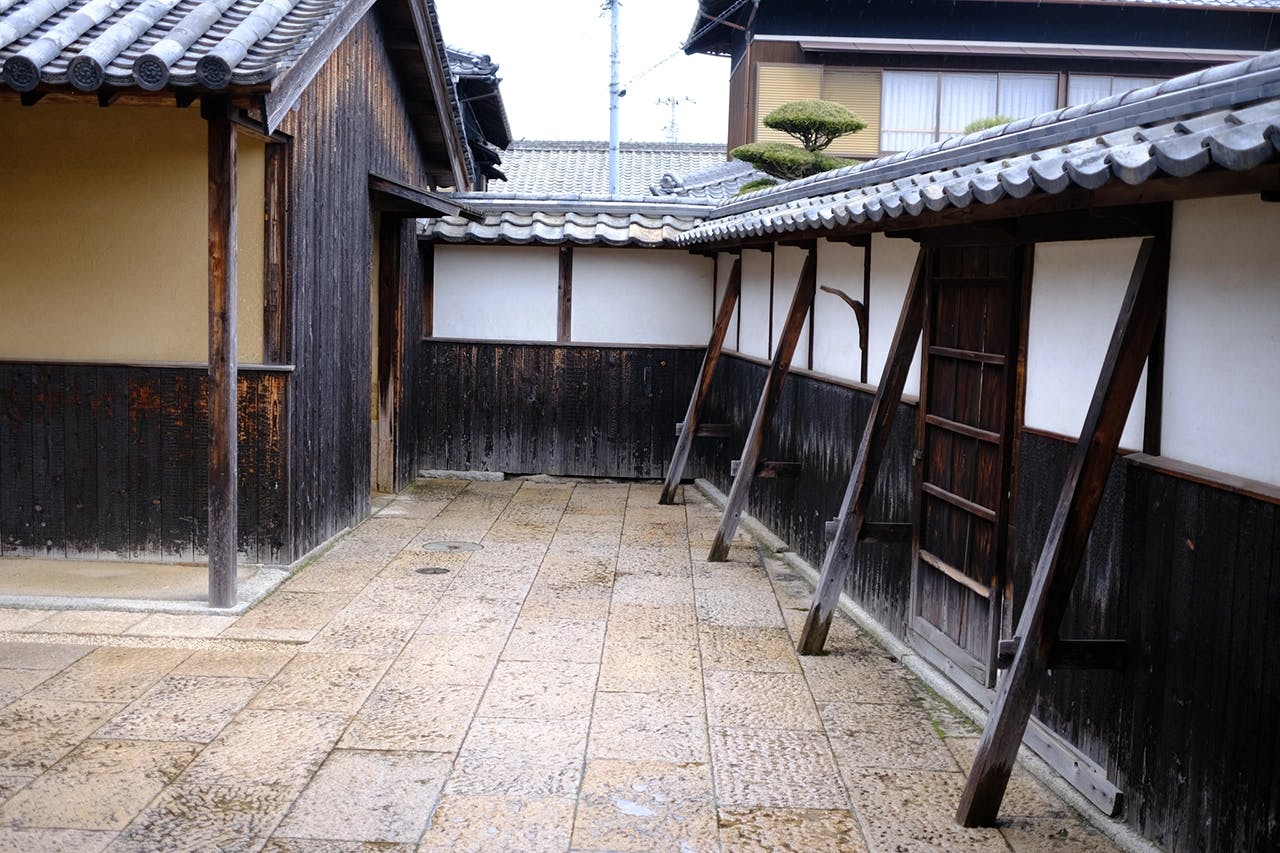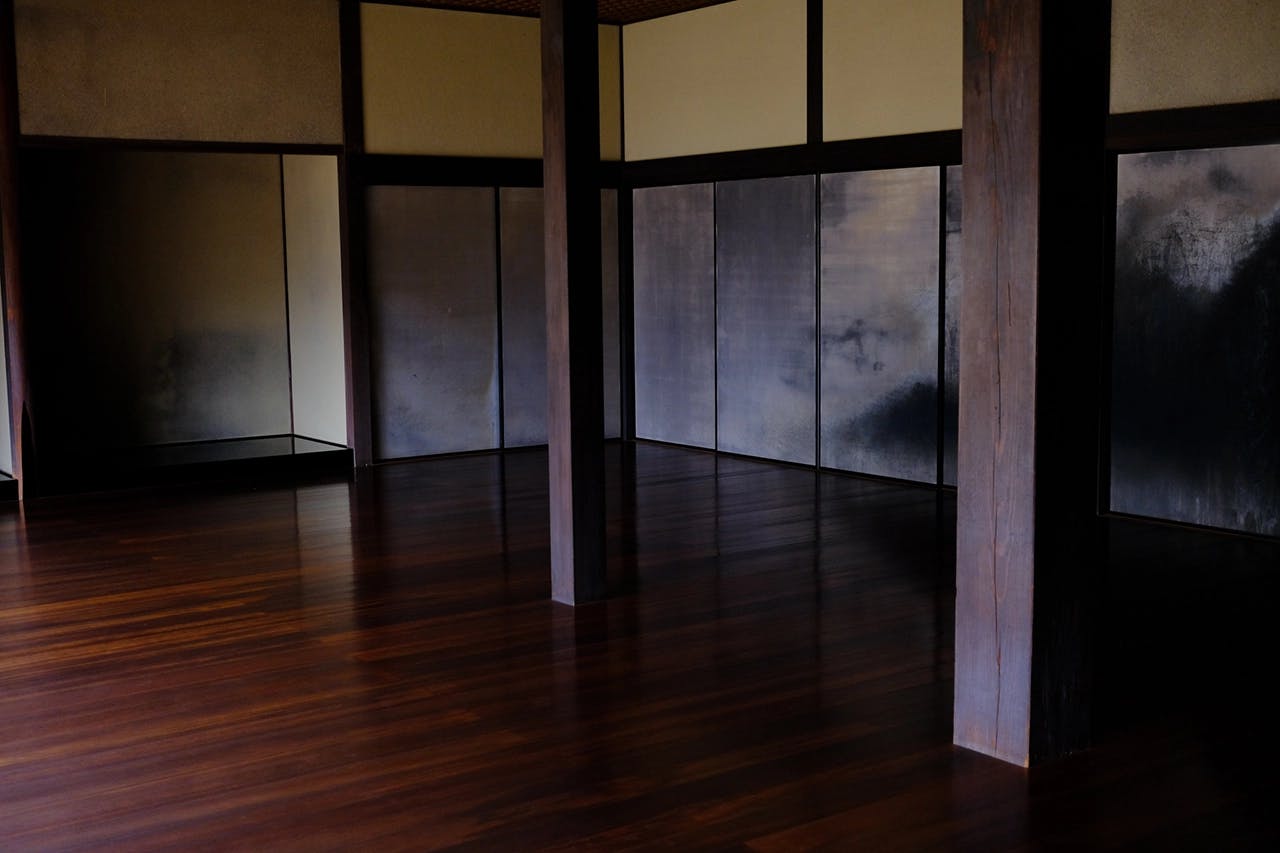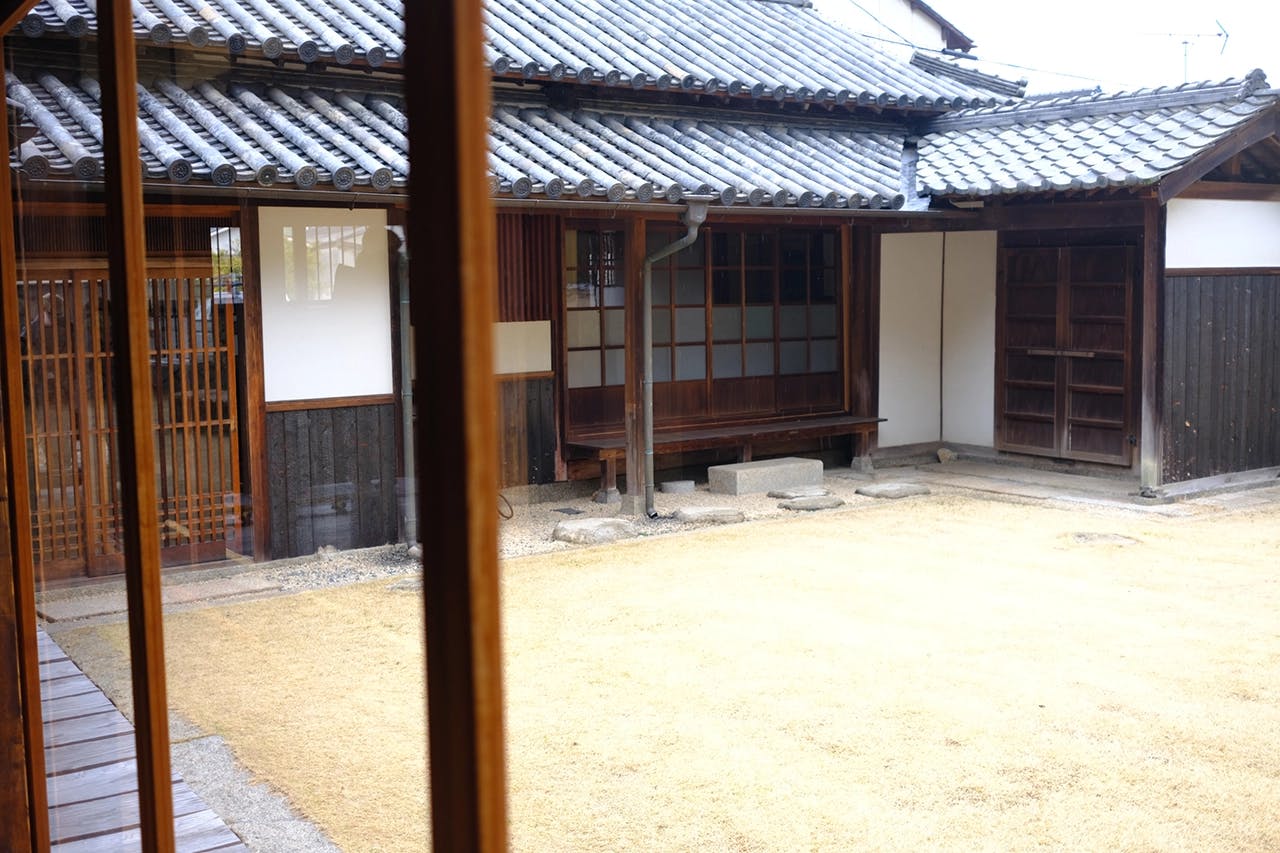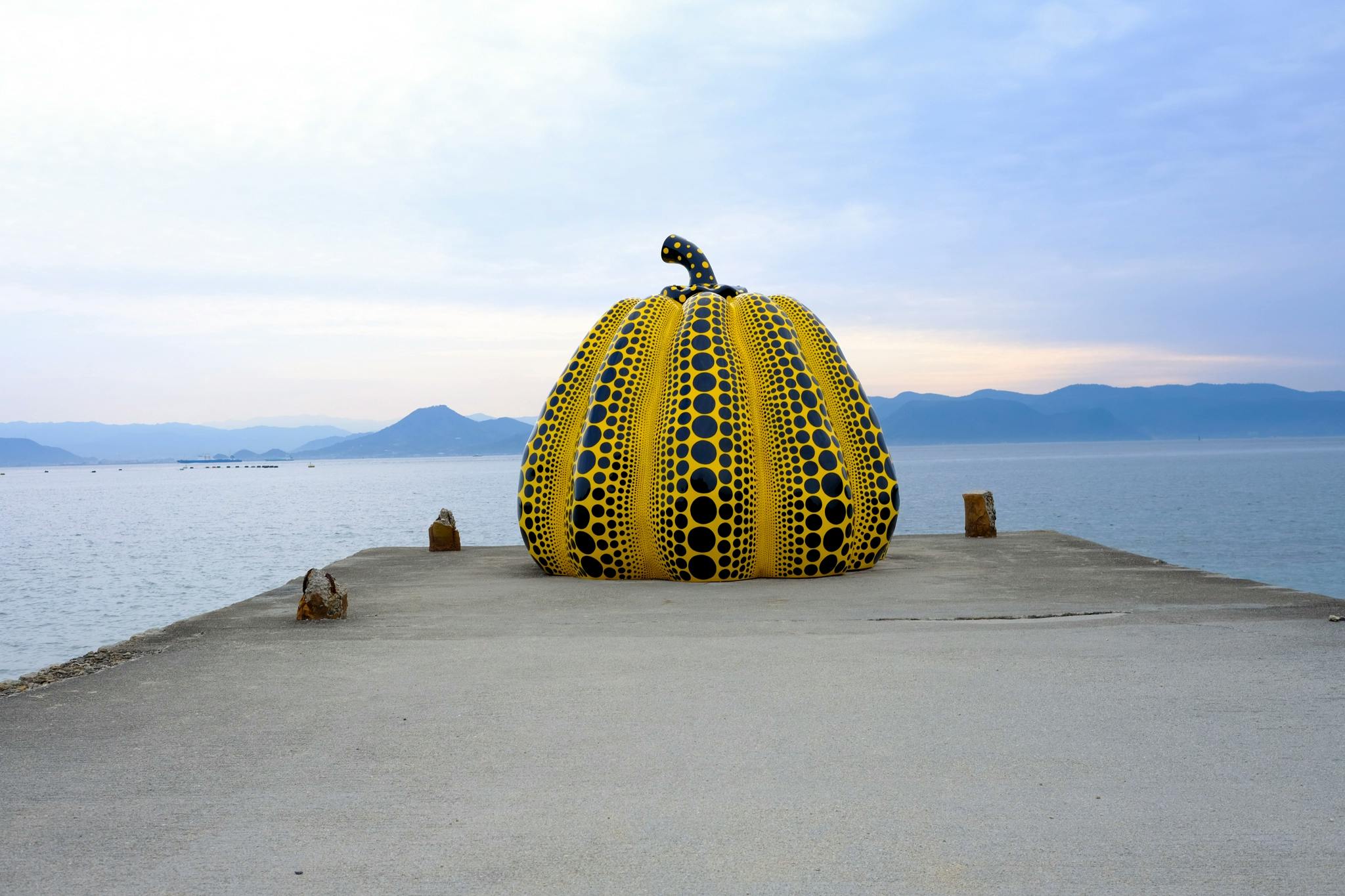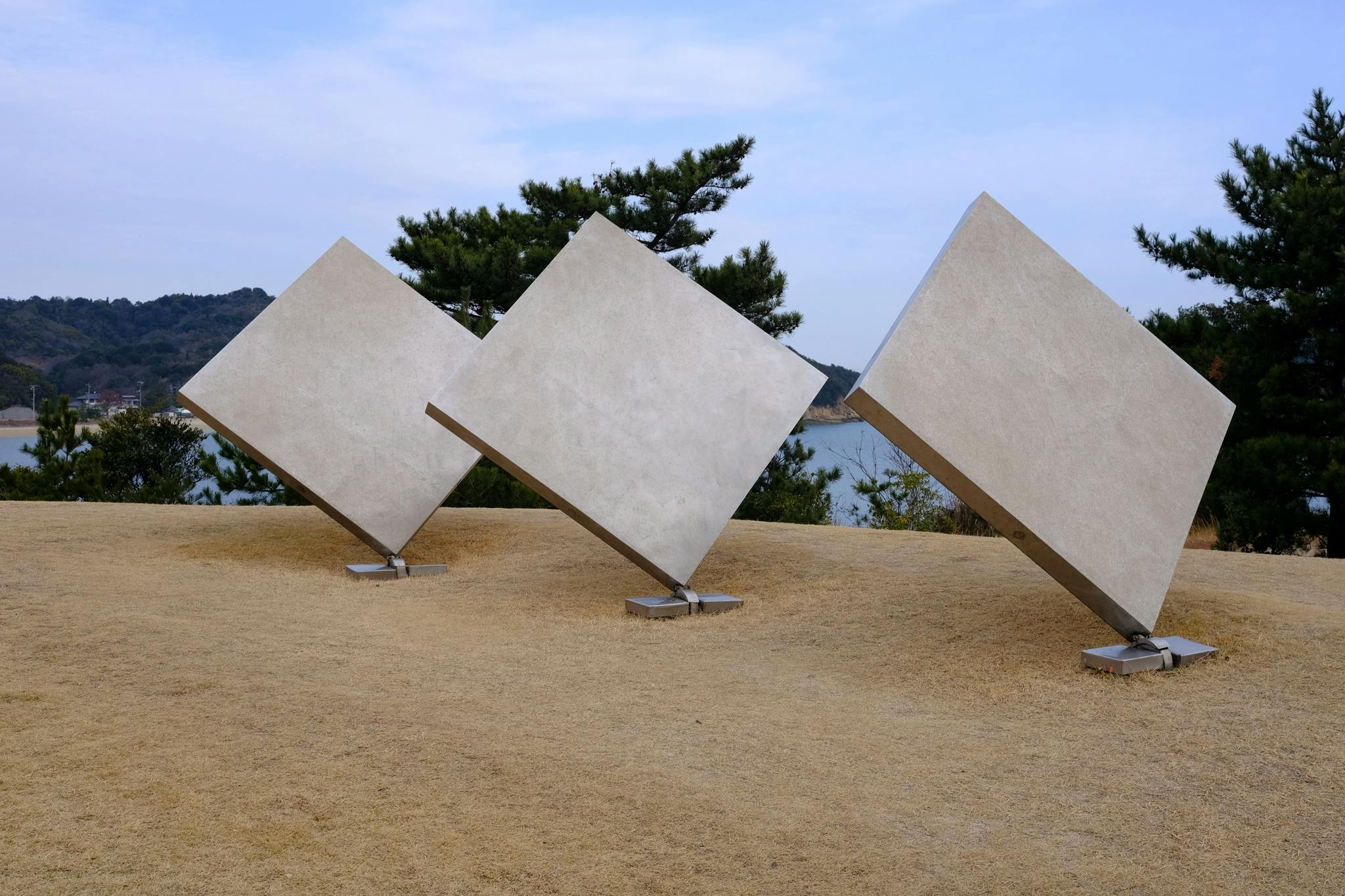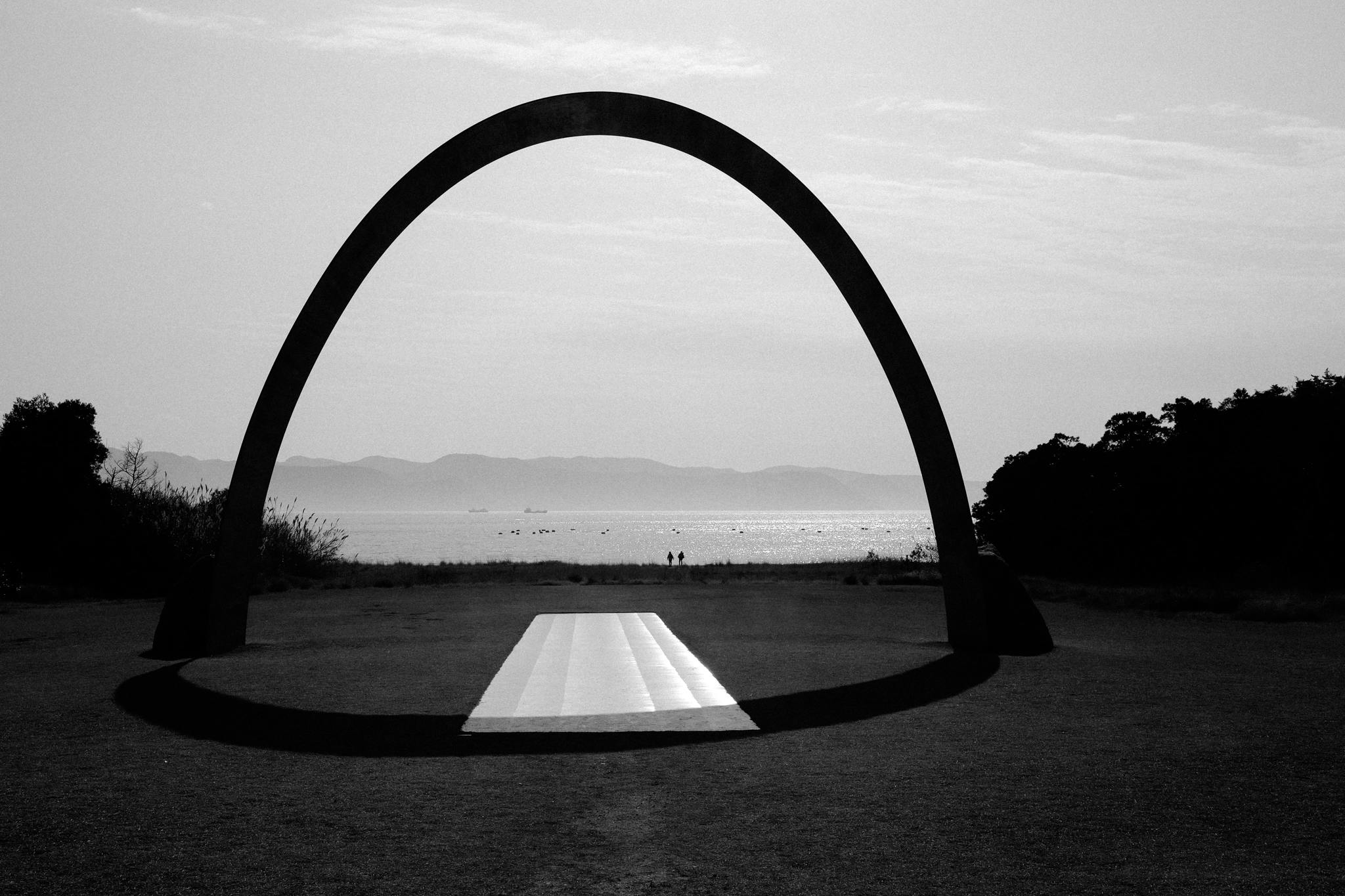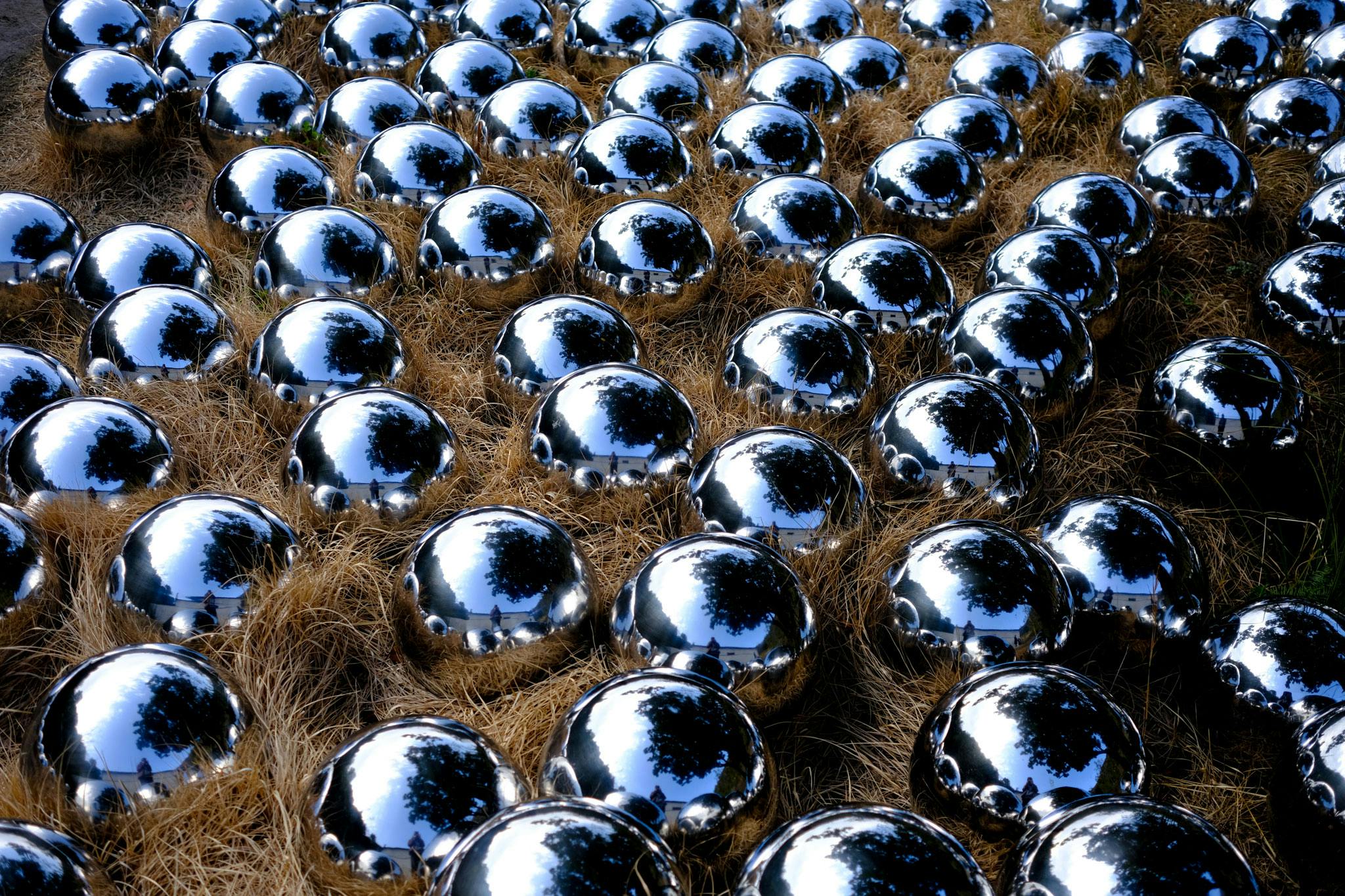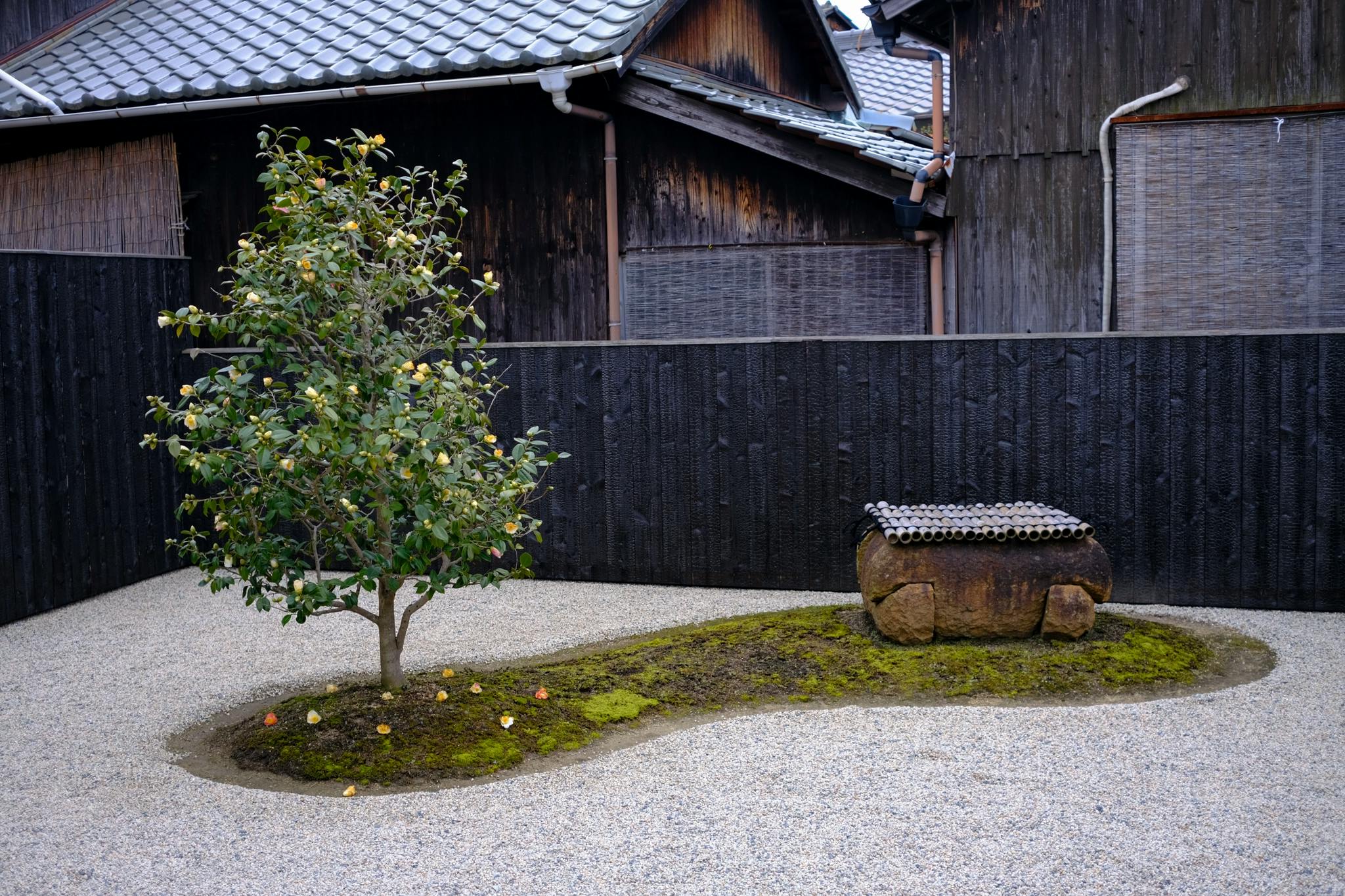
Naoshima Art House Project – Benessee Art Site
At the Art House Project on Naoshima Island, artists take empty houses scattered about residential areas and turn the spaces themselves into works of art, weaving in history and memories of the period when the buildings were lived in and used.
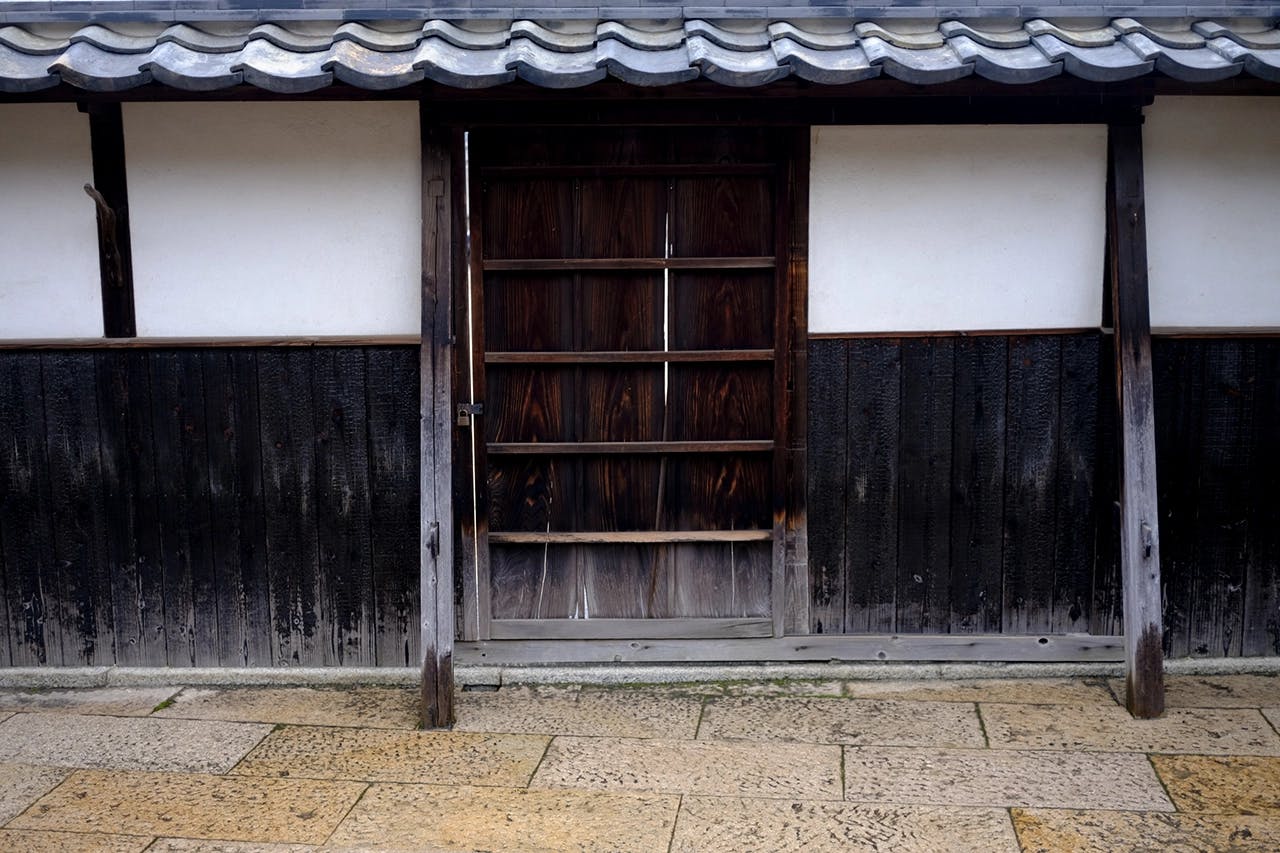
The Art House Project is an art project underway in Naoshima's Honmura district. It began in 1998 with Kadoya, and currently comprises seven locations: Kadoya, Minamidera, Kinza, Go'o Shrine, Ishibashi, Gokaisho, and Haisha.
In this project, artists take empty houses scattered about residential areas and turn the spaces themselves into works of art, weaving in history and memories of the period when the buildings were lived in and used. Going from one of the houses to another, visitors pass through the Honmura district, where everyday life unfolds around them; in the process not only engaging with works of art but also sensing the layers of time and history interwoven in the community and the fabric of local people's lives.
A notable feature of the Art House Project is that because viewing it means traversing a zone of daily life, it acts as a catalyst for interaction between visitors and local residents, giving rise to many a memorable episode. A truly organic project that changes day-to-day, it has evolved to present a new model of community, characterised by positive interaction between urban and rural, young and old, residents, and visitors.
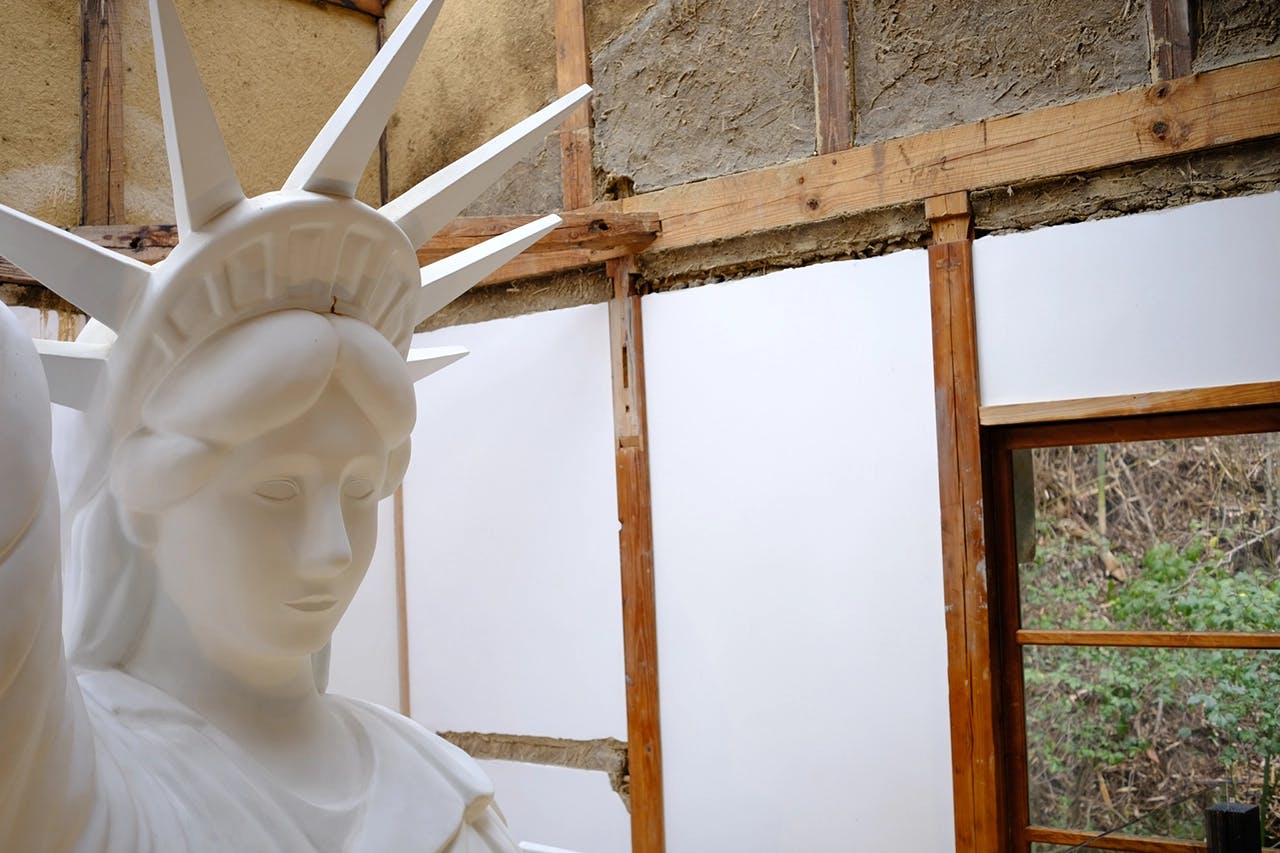
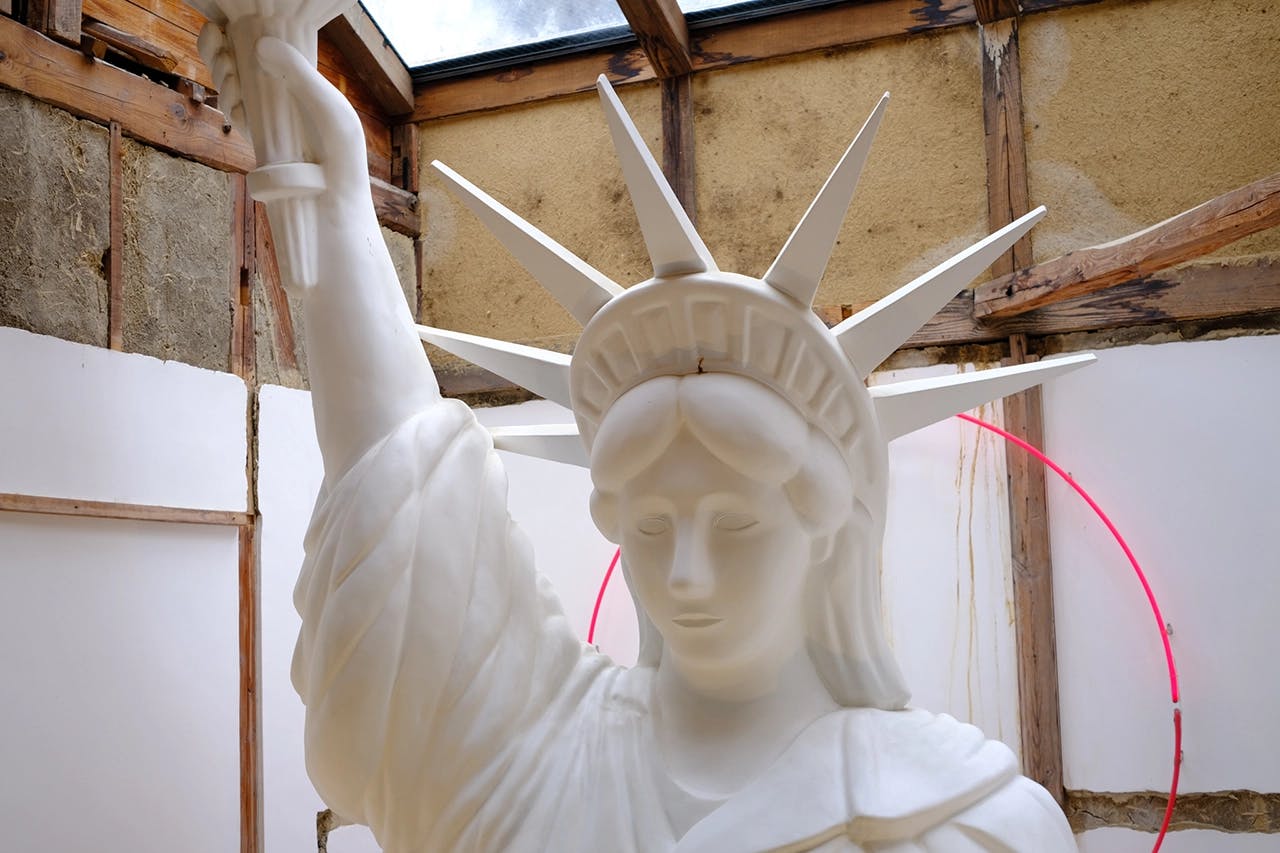
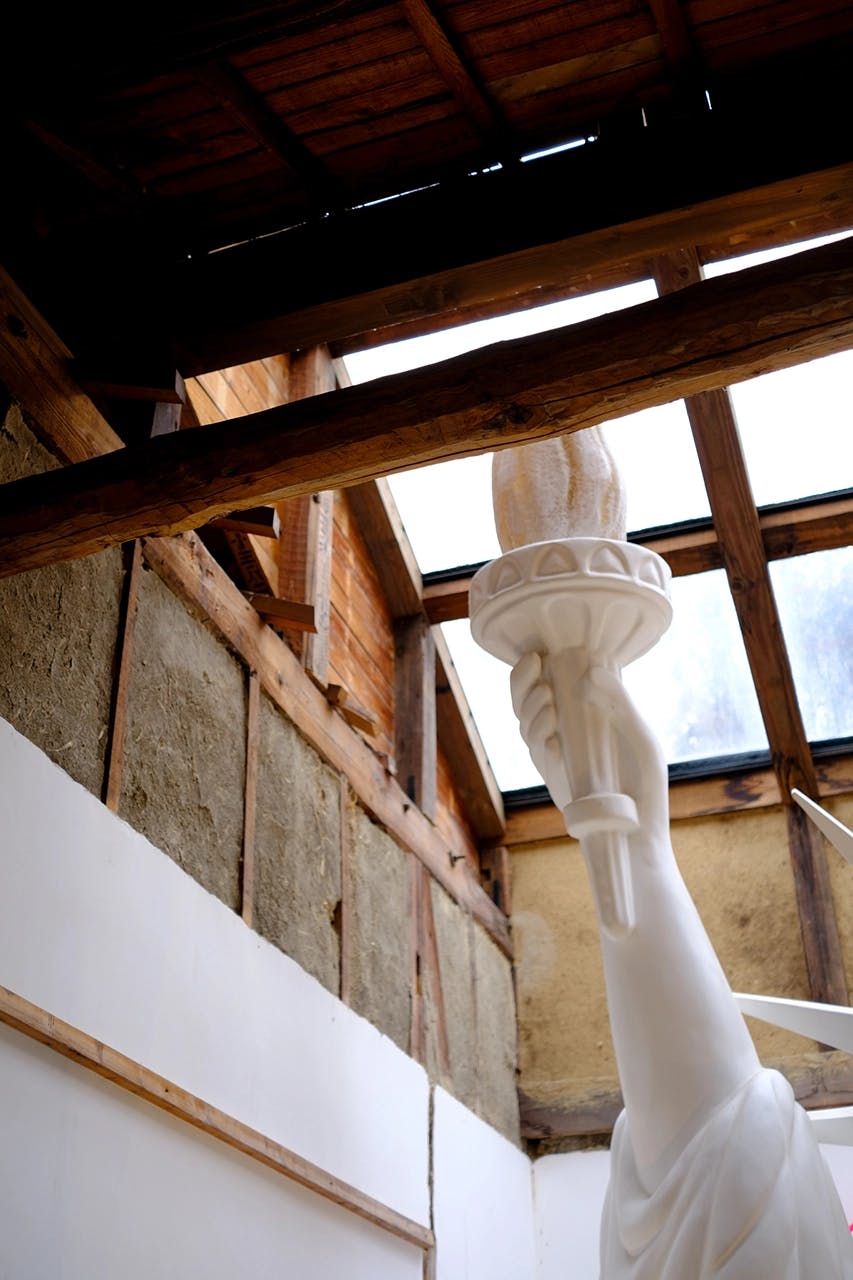
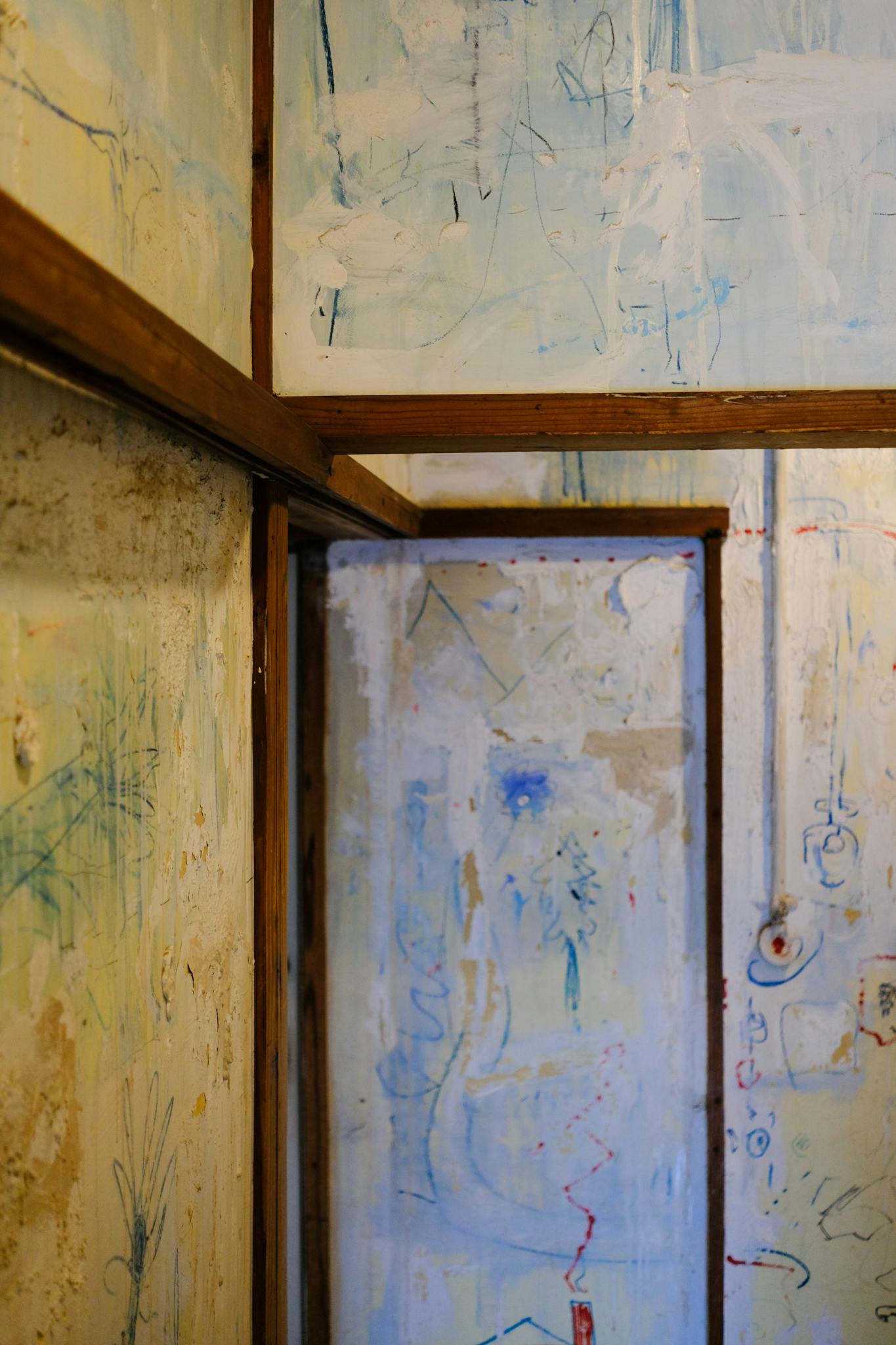
Haisha, meaning "dentist", was once the home and office of a dentist, and Shinro Ohtake converted the entire building into a work of art. The house incorporates an eclectic array of stylistic elements, appearing in some places like a sculpture, in others like a painting, and in still others like a collage or scrapbook. The title of the work, Dreaming Tongue, represents the process of holding something in one's mouth and recalling a dream by retracing the taste and scent.

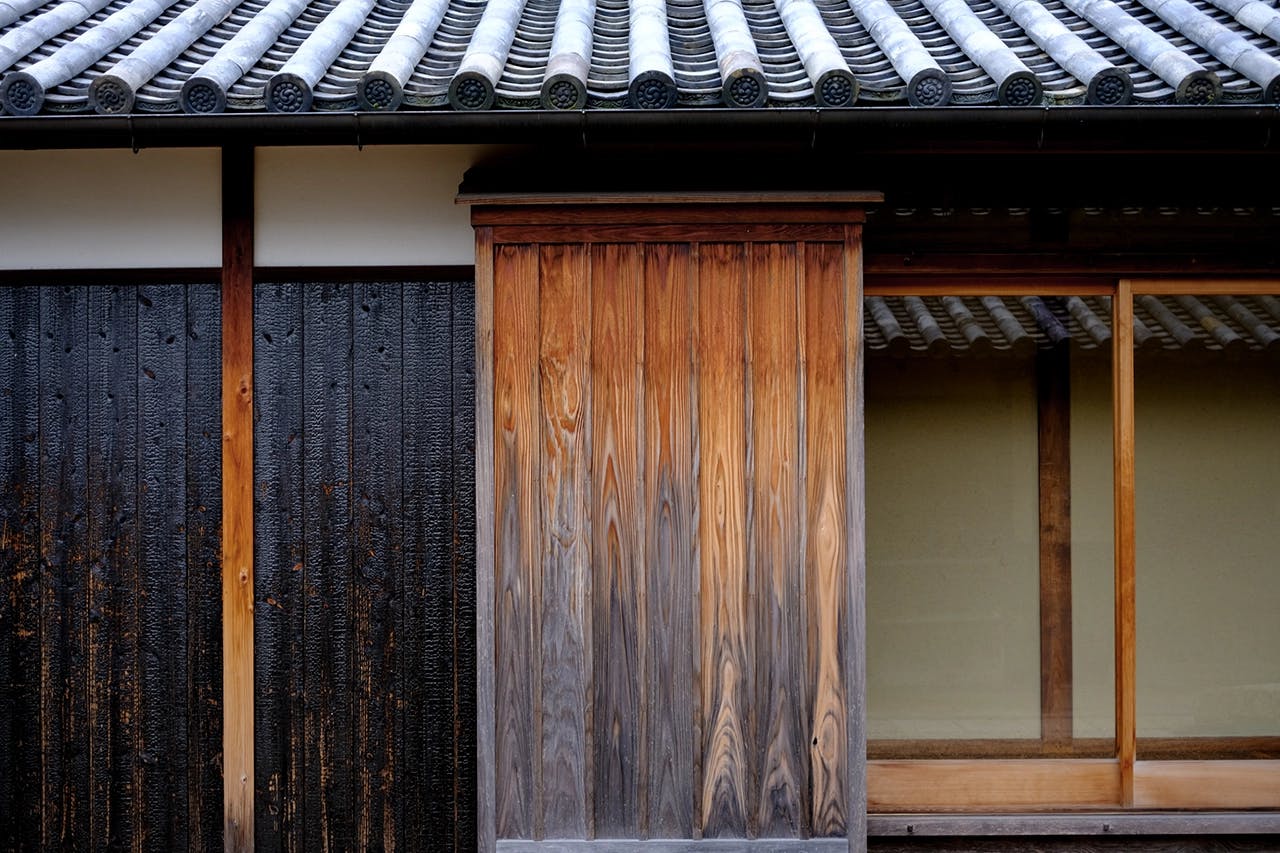
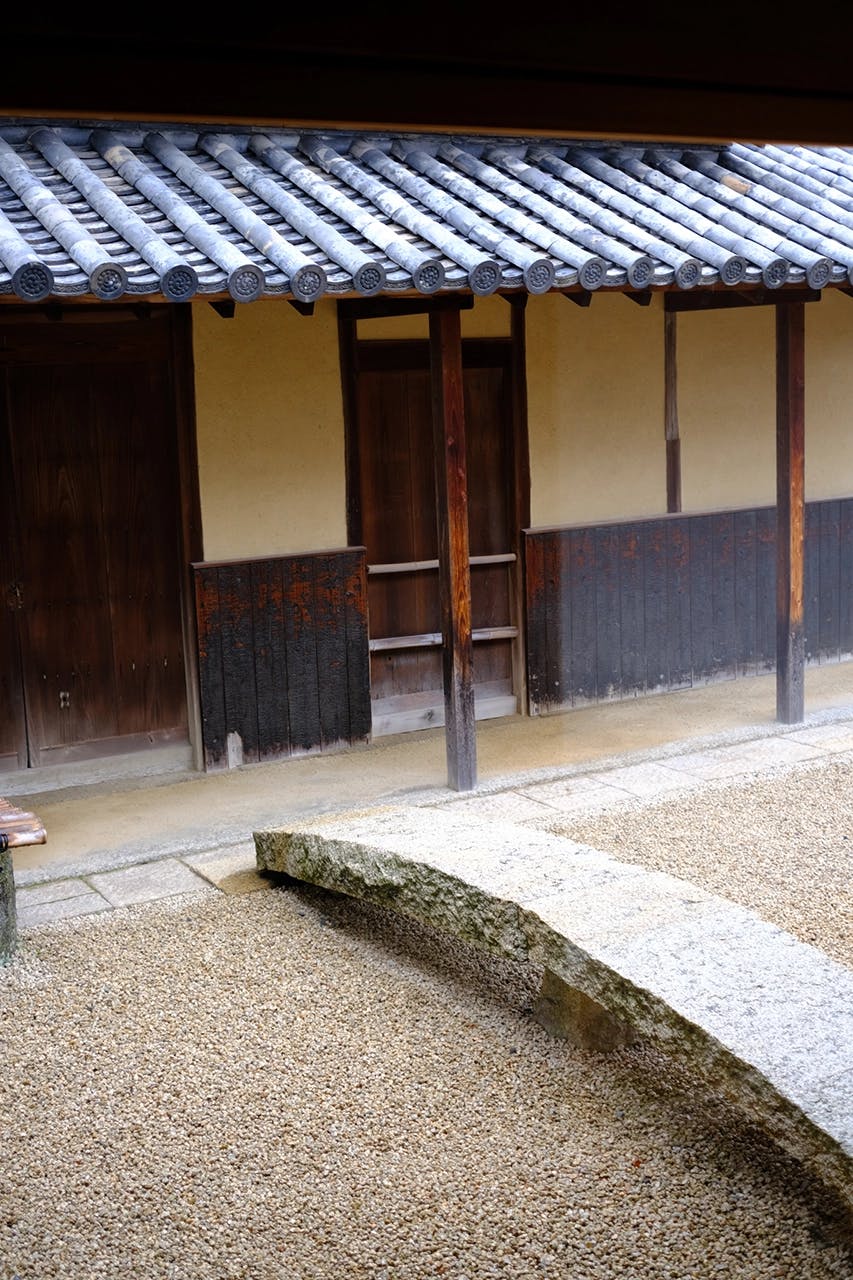
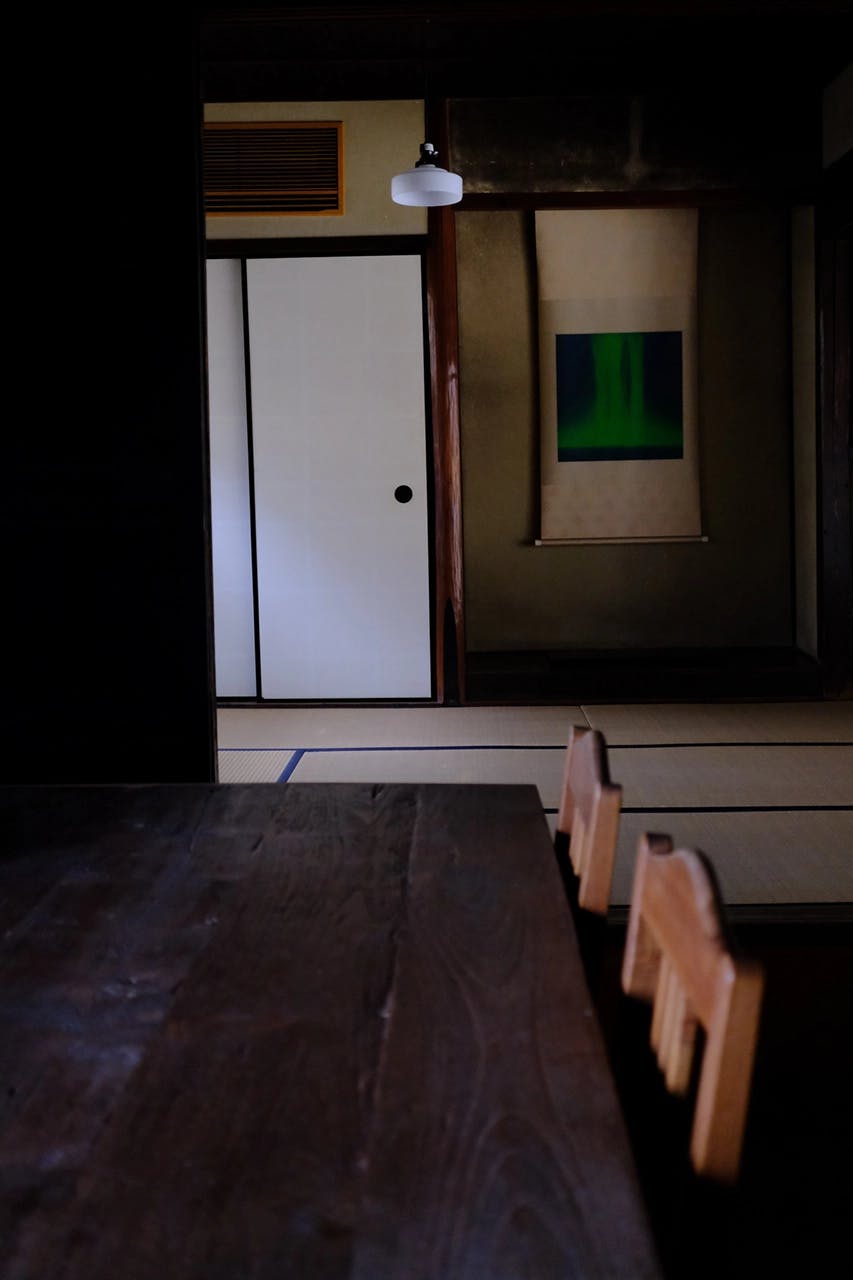
Ishibashi
Formerly the home of the Ishibashi family, who prospered producing salt in the Meiji Period, it was used as a private home until April 2001. The salt-making industry supported people's livelihood in Naoshima for many years, and restoring the home was considered important to understanding the history and culture of Naoshima. Hiroshi Senjyu spent five years from the original conception of the idea developing the entire space of this "tangible memory" into a work of art.


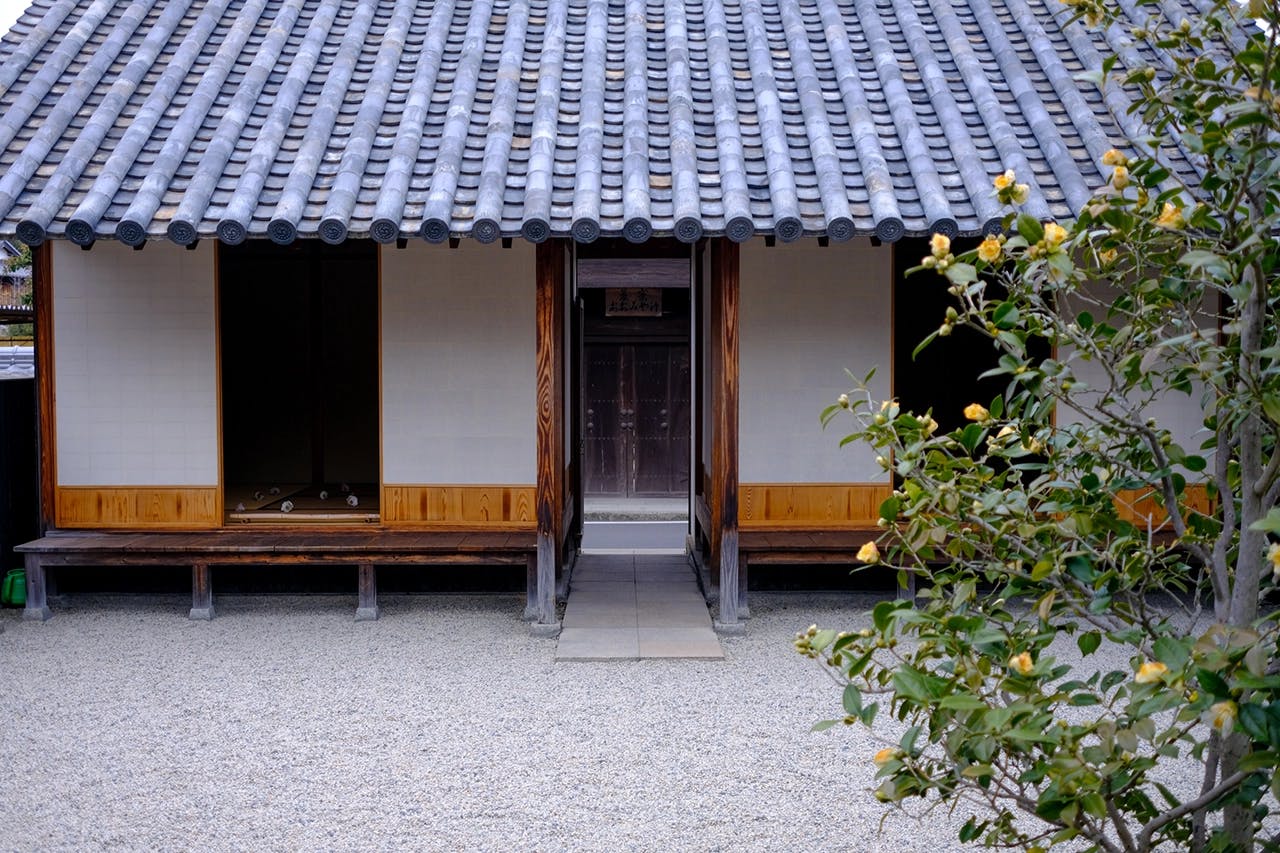
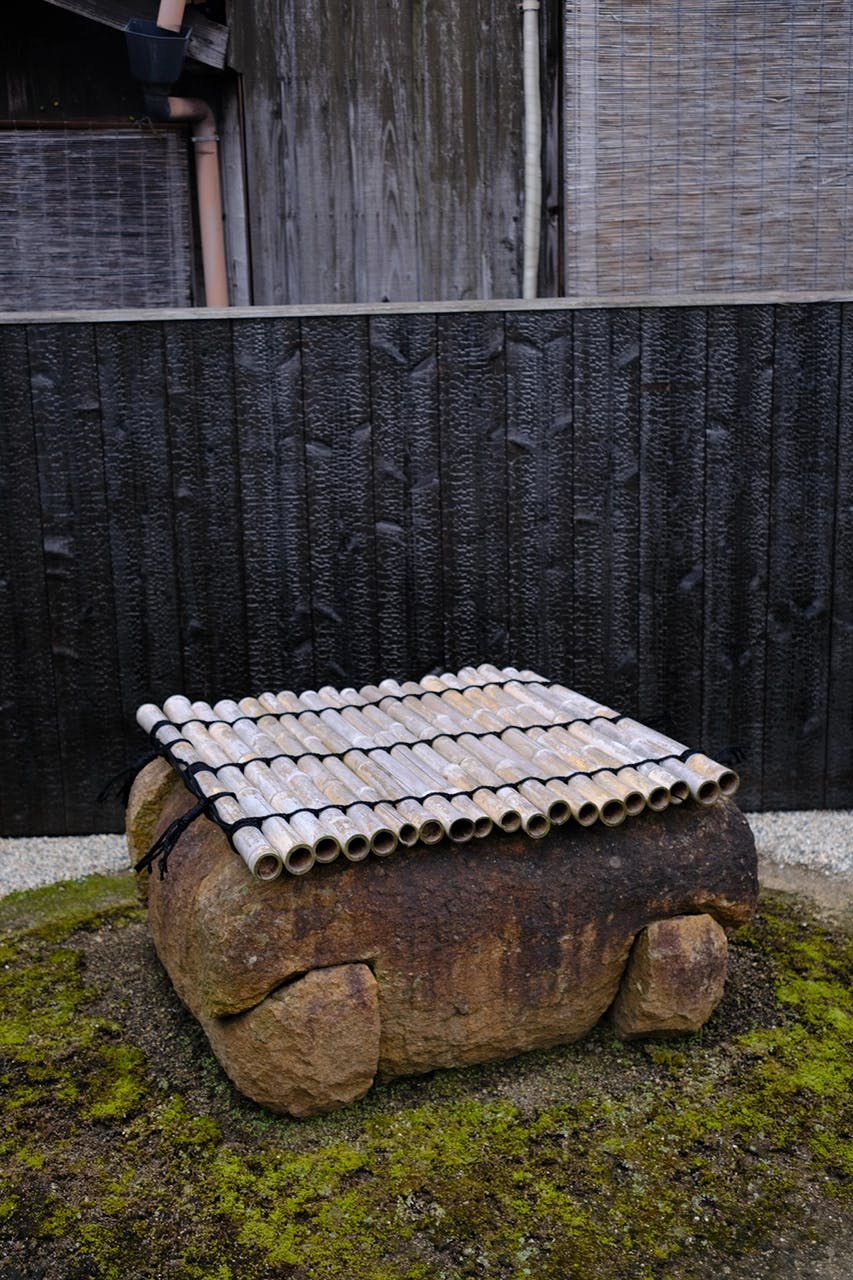
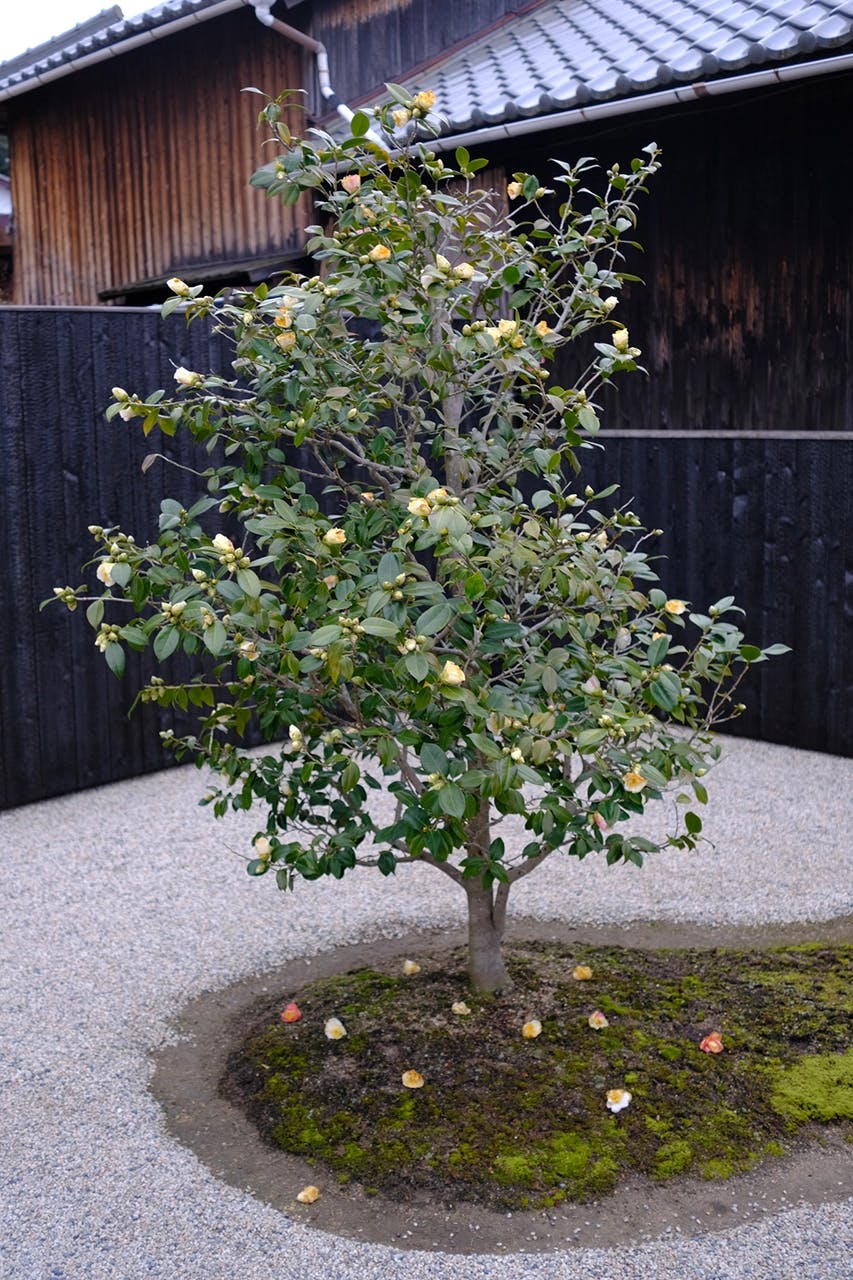
Gokaisho
The name Gokaisho (literally "place to play go") is derived from the long-ago custom of the islanders gathering here to play the game of go. Yoshihiro Suda converted the structure into an art space, and his work Tree of Spring, inspired by the work Falling Camellia by Hayami Gyoshu, is displayed within. An actual five-colored camellia is planted in the garden, creating a contrastive effect with Suda's camellia inside.
